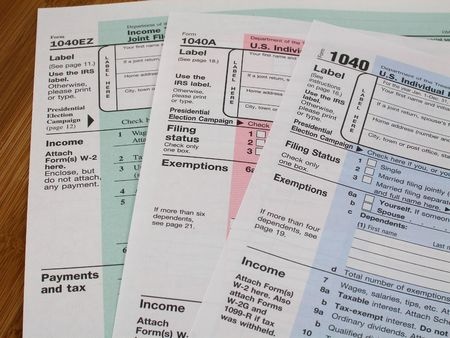
IRS Answers Questions Regarding 7 Common Tax Myths
The Internal Revenue service offered taxpayers some tips today to help clear up some common misconceptions and provided a list of common tax myths. We hear these misconceptions often and have summarized the IRS list below as a quick reference as taxpayers begin to anticipate their refund.
- Myth 1: All Refunds Are Delayed: According to the IRS, 9 out of 10 refunds are issued in less than 21 days. This turnaround time can be sped up by e-filing and using direct deposit. By law, refunds cannot be issued before mid-February for returns claiming certain credits while other returns may require additional review for various reasons.
- Myth 2: Delayed Refunds, those Claiming Earned Income Tax Credit (EITC) and/or Additional Child Tax Credit (ACTC), will be Delivered on Feb. 15: The IRS anticipates that refunds relating to EITC and ACTC may be available in taxpayer’s bank accounts starting February 27, 2018, if there are no other issues with the tax return.
- Myth 3: Ordering a Tax Transcript a “Secret Way” to Get a Refund Date: Ordering a tax transcript will not help taxpayers check the status of their refund. This information is available via the “Where’s My Refund”
- Myth 4: Calling the IRS or a Tax Professional Will Provide a Better Refund Date: The best way to check the status of your refund is through the “Where’s My Refund?” tool at IRS.gov or via the IRS2Go mobile app. This information is updated by the IRS once a day. IRS employees access the same information that is available through the “Where’s My Refund” tool so there is no need to call.
- Myth 5: Calling the IRS is the Most Convenient Way to Get Answers to Tax or Refund Questions: The IRS encourages taxpayers to check IRS.gov first before calling. There is a plethora of self-service tools for individuals, businesses and tax professionals available on their website.
- Myth 6: The IRS will Call or Email Taxpayers about Their Refund: Check out this article to ensure you know how to identify whether your call or email is from the IRS.
If you have questions about one of these common misconceptions or would like to discuss the preparation of your taxes, please contact us at (480) 888-7111 to schedule your free consultation.

